$SPY $DXY $BTC
#Trump #Politics #Protectionism #TradeWar #Investments #StockMarket #ForeignPolicy #EconomicPolicy #Tariffs #WallStreet #GlobalTrade #Economy
The prospect of Donald Trump ushering in a new era of protectionism is gaining attention as investors and economists alike brace for potential disruptions to global trade and capital flows. During his campaign and subsequent election as president, Trump championed a hardline stance on trade policies, including threats to renegotiate key trade agreements such as NAFTA, impose steep tariffs on imports, and prioritize domestic industries over foreign competitors. While these policies were positioned as a means to revitalize U.S. manufacturing and reduce trade deficits, experts are concerned about the broader ramifications of such draconian measures, particularly the impact on foreign investment. Historically, an inward-looking economic policy often leads to retaliations and reduced investor confidence in markets perceived as protectionist.
One immediate area of potential fallout could be the broader U.S. equity market, which has long been buoyed by foreign capital inflows. Investors from Europe, Asia, and other global hubs have heavily participated in U.S. stock markets, drawn by the nation’s relatively stable growth and rule of law. However, should Trump implement policies that are viewed as anti-globalization, it might create an environment of uncertainty, leading foreign investors to reevaluate their commitments to U.S. markets. $SPY, a widely followed ETF tracking the S&P 500, could experience increased volatility as protectionist trade policies could weigh on multinational corporations, particularly those with significant global revenue exposure. The implications for the U.S. dollar index ($DXY) also bear watching, as it could strengthen initially on export curbs but ultimately weaken if capital inflows dwindle over time.
Protectionism’s ripple effects extend far beyond equities and currencies. In the cryptocurrency market, burgeoning digital assets like $BTC continue to offer an alternative hedge in times of uncertainty or dollar depreciation. A restrictive trade policy environment could inadvertently spur increased use of decentralized technologies as investors search for ways to bypass potential capital controls or disruptions to international trade settlements. Simultaneously, industries reliant on global supply chains, such as technology and automotive, could see an adverse impact on their bottom lines, compressing margins and possibly leading to job losses domestically if retaliatory tariffs from other countries bite back against U.S. goods. The tech-heavy Nasdaq index is particularly exposed, as several of its largest constituents source components or derive revenue from overseas markets.
At the heart of the debate is whether Trump’s protectionist vision will ultimately harm the U.S. economy more than it helps. While proponents argue that rebuilding domestic industrial capacity and reducing outsourcing are vital for national security and long-term economic health, those opposing point out the historical consequences of trade wars, often leading to reduced exports, higher consumer prices, and weakened diplomatic ties. The compounded effect of such policies could feed into recessionary pressures, eroding gains from fiscal stimulus or tax reform measures implemented simultaneously. For now, markets have priced in cautious optimism around Trump’s presidency, but durable growth, particularly in sectors sensitive to global trade, hangs in the balance.
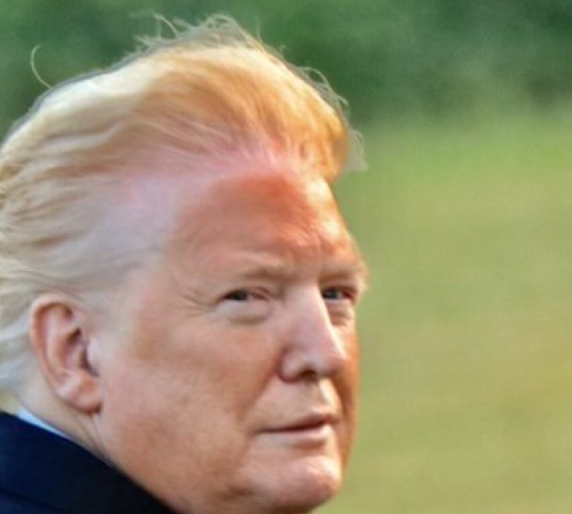
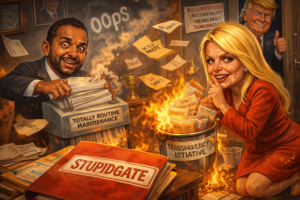
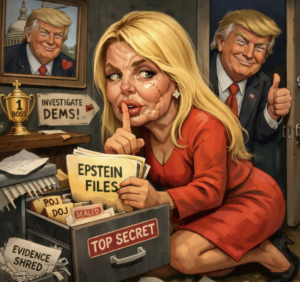


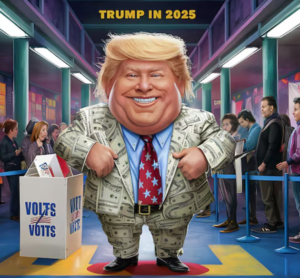



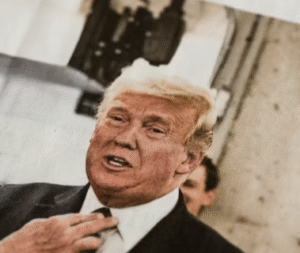
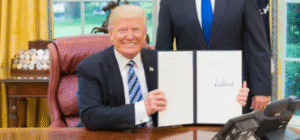
Comments are closed.